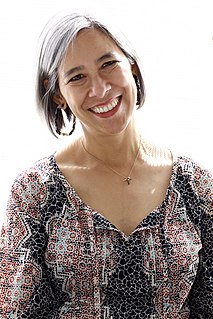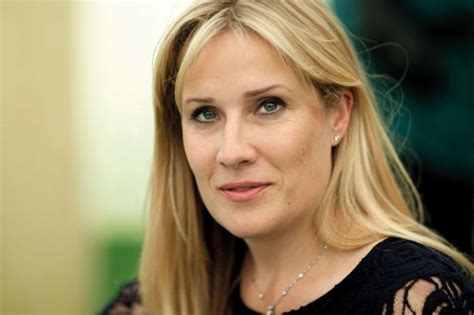A Quote by Susan Choi
I think 'Gatsby' is hobbled, in part, by its status as a Great American Novel. People kind of roll their eyes before they've even opened it, treat it with a 'been there, done that' attitude. I know I did. It took me years to re-open the novel and see how much I'd missed.
Related Quotes
"Oh, you want too much!" she cried to Gatsby. "I love you now - isn't that enough? I can't help what's past." She began to sob helplessly. "I did love him once-but I loved you too."
Gatsby's eyes opened and closed.
"You loved me too?" he repeated.
"Even that's a lie," said Tom savagely. "She didn't know you were alive. Why - there're things between Daisy and me that you'll never know, things that neither of us can ever forget."
Well, people have been wondering what's going to happen to the novel for two hundred years; its death has been announced many times. You know, I think the novel keeps redefining the world we live in. What you should look for in a novel is a window nobody else is looking out of, that nobody else can look through. What you look for is a voice. You pick up a novel by someone such as Faulkner or Hemingway and you just read three pages and you know who wrote it. And that's what one should demand of a novelist.
The age of the book is not over. No way... But maybe the age of some books is over. People say to me sometimes 'Steve, are you ever going to write a straight novel, a serious novel' and by that they mean a novel about college professors who are having impotence problems or something like that. And I have to say those things just don't interest me. Why? I don't know. But it took me about twenty years to get over that question, and not be kind of ashamed about what I do, of the books I write.
People didn't know certain things about me, which... I was out of creative writing class in school, Syracuse University; had a B.A. in English and wanted to write the great American novel but I also loved rock and roll. I was in bar bands all through college, playing fraternities and have to know all the songs in the top 10. That kind of thing.
[My novel] took up the sweetest part of my mind and the rarest part of my imagination; it was like being in love and better. All day long when I was busy [...], I had my unfinished novel personified almost as a secret companion and accomplice following me like a shadow wherever I went, whatever I did.
In reading a novel, any novel, we have to know perfectly well that the whole thing is nonsense, and then, while reading, believe every word of it. Finally, when we're done with it, we may find - if it's a good novel - that we're a bit different from what we were before we read it, that we have changed a little... But it's very hard to say just what we learned, how we were changed.
Fitzgerald could sense that America was poised on the edge of a vast transformation, and wrote a novel bridging his moment and ours. The Great Gatsby made manifest precisely what Fitzgerald’s contemporaries couldn’t bear to see, and thus it is not only the Jazz Age novel par excellence, but also the harbinger of its decline and fall.
In the case of my second film The Fish Child (El Niño Pez), I had written the novel about 5 years before I made into a film. In the case of The German Doctor I had published the novel a year before I started writing the script, I even had another project to shoot. But I had this idea of the powerful cinematic language from the novel that I couldn't let go of.







































